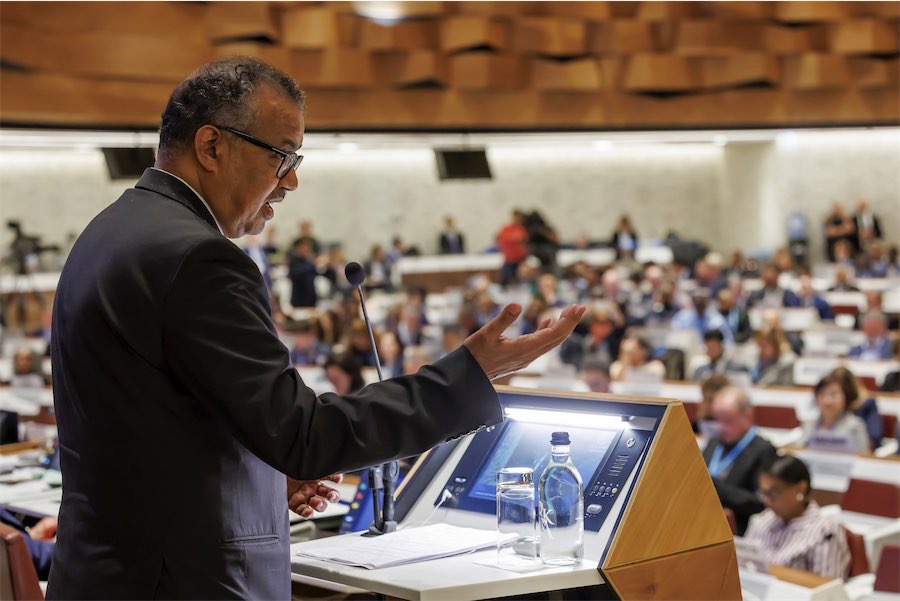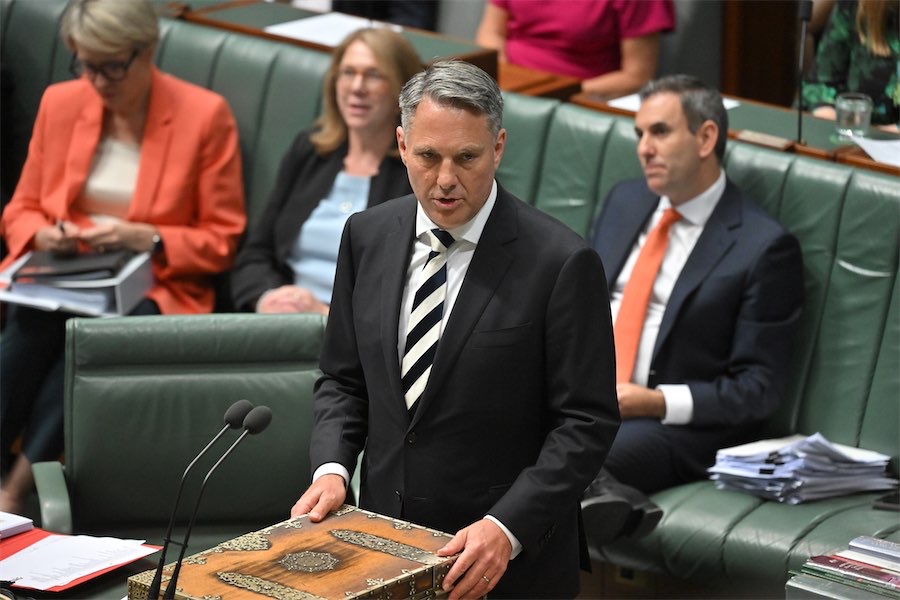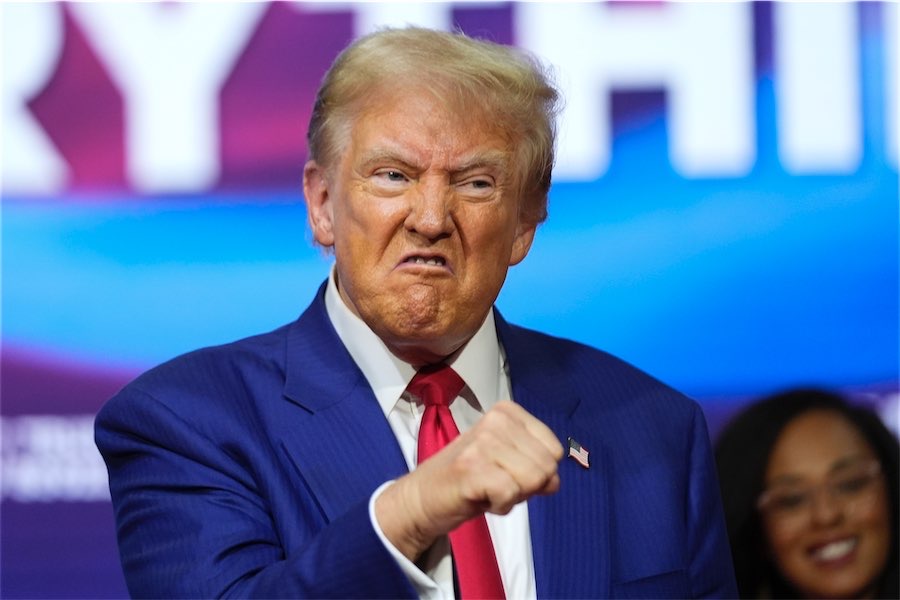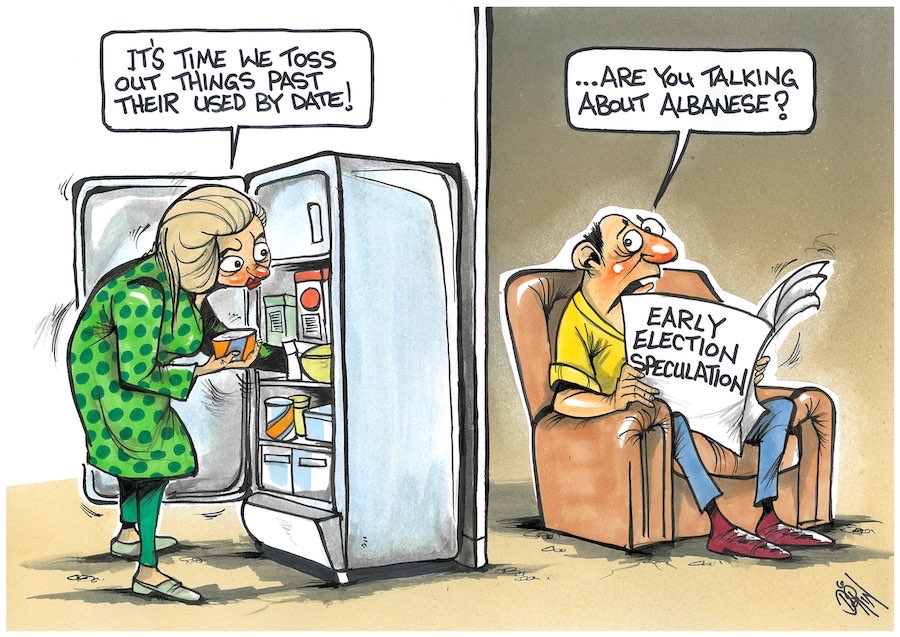
“It is unlikely that COVID-19 will be the last pandemic to be faced by humanity. Appropriate preparedness is long overdue,” writes MICHAEL MOORE from the World Health Assembly in Geneva.
The world ought not to have been caught unprepared for COVID-19. There were plenty of indications and warnings.
There are still warnings in place for a repeat, and yet there is not enough being done worldwide to prepare for the next pandemic.
COVID-19 has not disappeared and bird flu is starting to make its presence felt. The current bird flu virus has already moved to both cattle and people. Recall early indications from Wuhan (a then largely unknown city in China) about a cluster of deaths caused by a previously unidentified virus.
Viruses know no borders and they can rapidly mutate. As national and international travel is proceeding in unprecedented numbers, it is unlikely that this will be the last pandemic to be faced by humanity. Appropriate preparedness is long overdue.
The World Health Organization (WHO) has not been sitting on its hands. However, keep in mind that the WHO is largely the bureaucracy that serves its member states. These 194 countries have representatives who sit in Geneva in May each year at the World Health Assembly (WHA). The WHA is, in effect, an international parliament that sets the agenda and oversees WHO, which is part of the United Nations.
A “Pandemic Treaty” was meant to be completed for debate at the World Health Assembly this year. Although the meeting did not reach agreement on adopting the draft, there are indications, with more work, such a treaty can be adopted.
Let’s hope that there are no serious international infectious outbreaks in the meantime.
There are those who argue that such a treaty will reduce their sovereign power. It parallels an intense anti-UN feeling pushed through ‘fake news’ by small forces that advocate anti-multilateralism. Viruses do not respect such sovereignty issues. Concerted and coordinated action is critical to human health.
The WHA was attended in May by Health Minister Mark Butler and Chief Medical Officer Prof Paul Dugdale. With strong encouragement from Australia, some progress was made.
According to the WHO, the 194 countries present “agreed a package of critical amendments to the International Health Regulations (2005) (IHR), and made concrete commitments to completing negotiations on a global pandemic agreement within a year, at the latest”.
This is an important step towards a comprehensive global pandemic treaty.
The WHO was seeking “comprehensive, robust systems in place in all countries to protect the health and safety of all people everywhere from the risk of future outbreaks and pandemics”.
Non-government organisations such as the World Federation of Public Health Associations* worked intensively with other civil society organisations, academics and public servants to have a draft of the Pandemic Treaty ready for decision in May. It is disappointing that the 194 countries were not able to adopt a draft that has been years in the making.
This is particularly disappointing considering the Framework Convention on Tobacco Control, one of the most successful health treaties that makes use of International Health Regulations, only took six iterations before agreement was reached.
WHO Director-General Dr Tedros Adhanom Ghebreyesus argued “the amendments to the International Health Regulations will bolster countries’ ability to detect and respond to future outbreaks and pandemics by strengthening their own national capacities, and co-ordination between fellow states, on disease surveillance, information sharing and response.
“This is built on commitment to equity, an understanding that health threats do not recognise national borders, and that preparedness is a collective endeavour”.
According to Dr Tedros, the new International Health Regulations include:
- Introducing a definition of a pandemic emergency to trigger more effective international collaboration in response to events that are at risk of becoming, or have become, a pandemic
- A commitment to solidarity and equity
- Establishment of the States Parties Committee to facilitate the effective implementation of the amended Regulations and to promote and support cooperation for effective implementation
- Creation of National Authorities on International Health Regulations to improve co-ordination of implementation of the Regulations within and among countries.
This is a sensible start. However, consider the suffering and deaths associated with COVID-19.
Even with surveillance seriously curtailed, as of January this year, the WHO reported more than 774 million confirmed cases of COVID-19 and over seven million deaths globally. There is no time for complacency.
Michael Moore is a former member of the ACT Legislative Assembly and an independent minister for health. He has been a political columnist with “CityNews” since 2006. *He is a Past-President of the World Federation of Public Health Associations.
Who can be trusted?
In a world of spin and confusion, there’s never been a more important time to support independent journalism in Canberra.
If you trust our work online and want to enforce the power of independent voices, I invite you to make a small contribution.
Every dollar of support is invested back into our journalism to help keep citynews.com.au strong and free.
Thank you,
Ian Meikle, editor





Leave a Reply